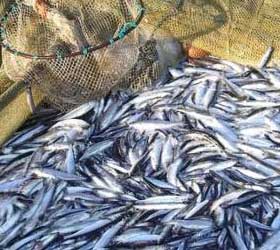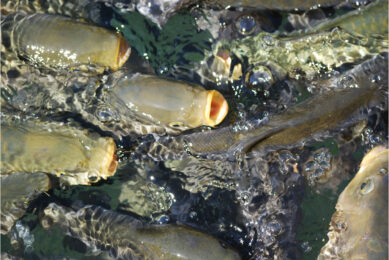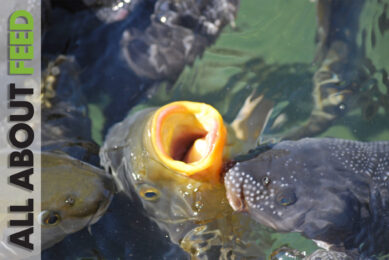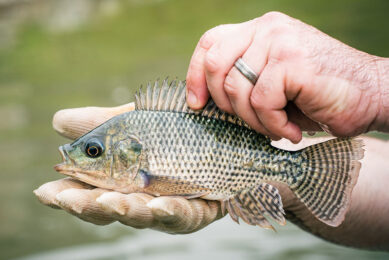SFP releases sustainability overview of fisheries

Sustainable Fisheries Partnership (SFP) has released the annual sustainability overview of fisheries used for fishmeal and fish oil. This overview can help fishmeal and fish oil buyers seeking guidance on sustainable sourcing as well as manufacturers of aquaculture and farm animal feeds.
The overview (previously known as the ‘Reduction Fisheries League Table’) covers the 28 principal reduction fisheries around the Atlantic and South America rated according to the sustainability assessment presented on FishSource.
The ratings are based on the most recent assessment period for which comparable data is available as of May 14, 2012.
The briefing concludes that for Atlantic and South American reduction fisheries no fishery featured in the survey scores more than eight across all FishSource criteria (category A – the top category).
Twothirds of the catch comes from fisheries that score above six in all criteria. These stocks are in very good shape, although may merit some improvements in management regime.
29.3% of the catch comes from fisheries that score below six on at least one of the criteria. These fisheries have not been effectively managed and significant improvements are required.
No reduction fishery is currently managed within an ecosystem-based fisheries management regime. This situation needs to improve significantly.
Fisheries that have established a successful single species stock management regime should now be looking to evolve an ecosystem-based approach to ensure sustainability in the future.
It cannot be concluded from the data that the sustainability status of reduction fisheries is in decline, but it is unlikely to have improved.
Buyer guidance
The results of the overview will prove invaluable to fishmeal and fish oil buyers seeking guidance on sustainable sourcing as well as manufacturers of aquaculture and farm animal feeds. Buyers of aquaculture products and organisations developing aquaculture standards will also find the data useful in helping to shape policies.
Jim Cannon, CEO of Sustainable Fisheries Partnership, said that with releasing this information, SFP aims to encourage the world’s fishmeal and fish oil suppliers and forage fisheries to engage in improvement efforts, with a priority on improving those fisheries that currently fall short of current single-species best practices, and ensuring that all the fisheries move towards ecosystem-based management.











